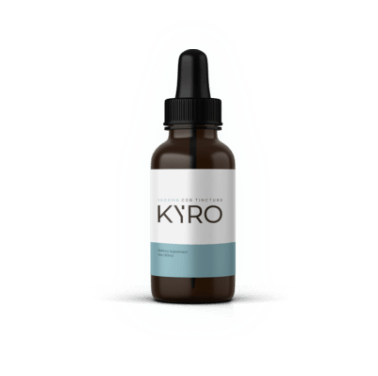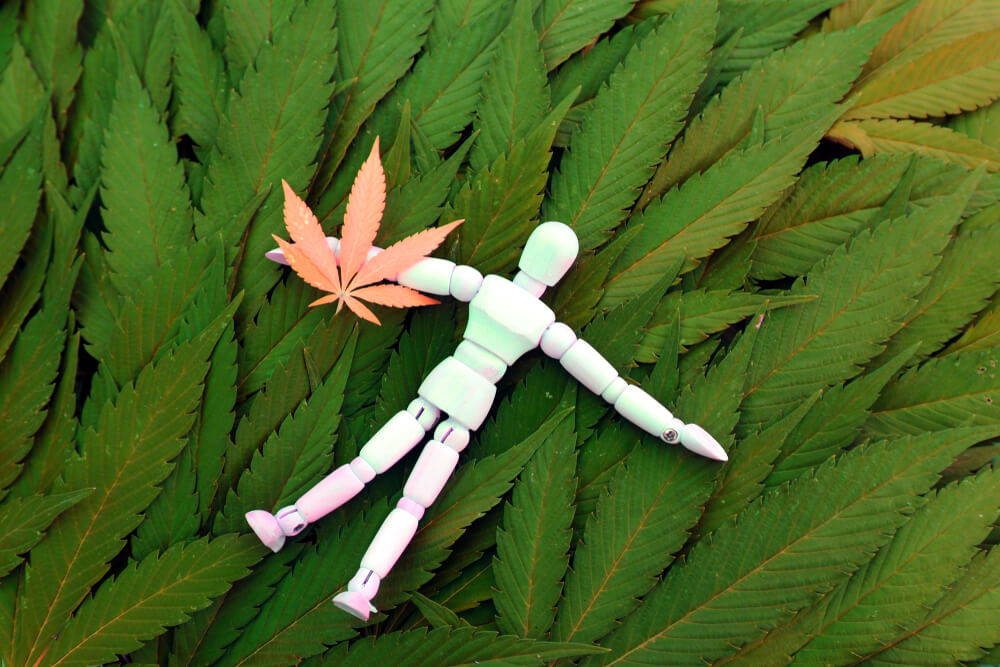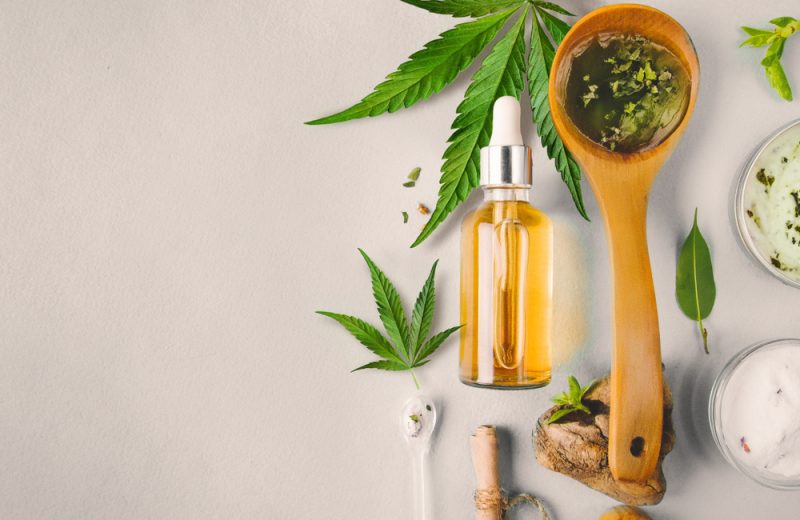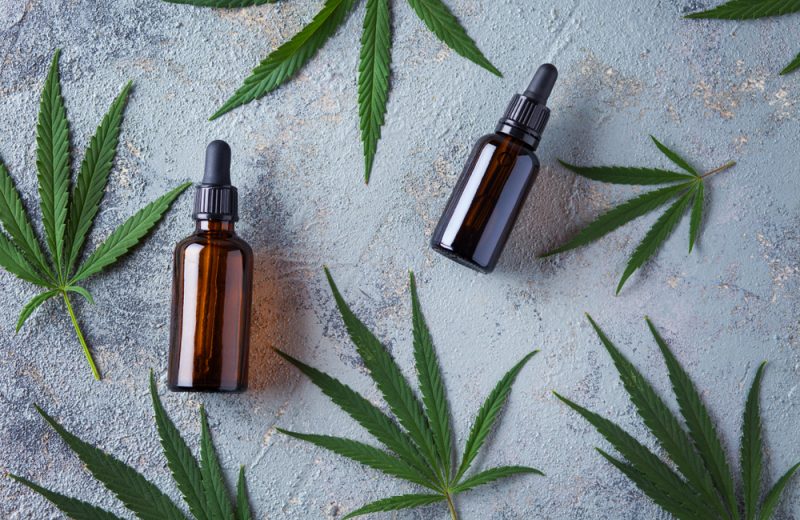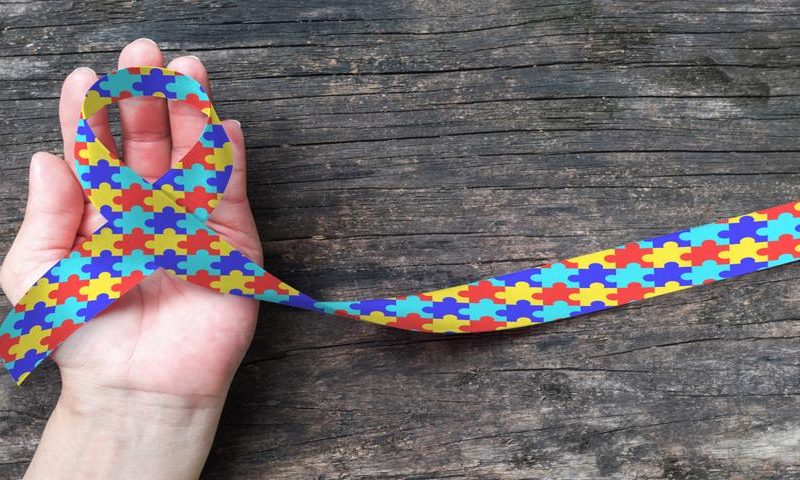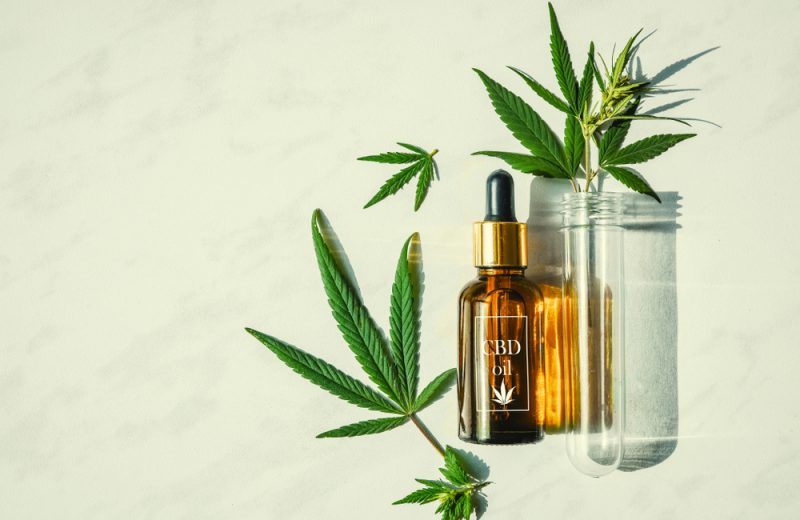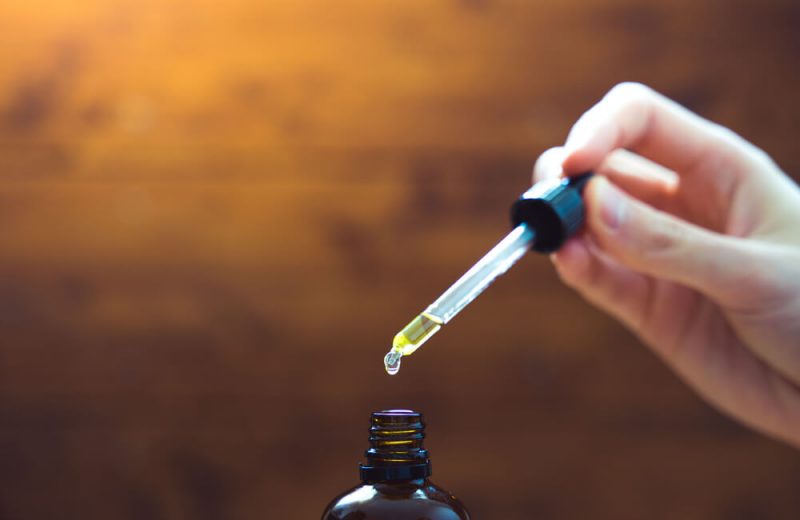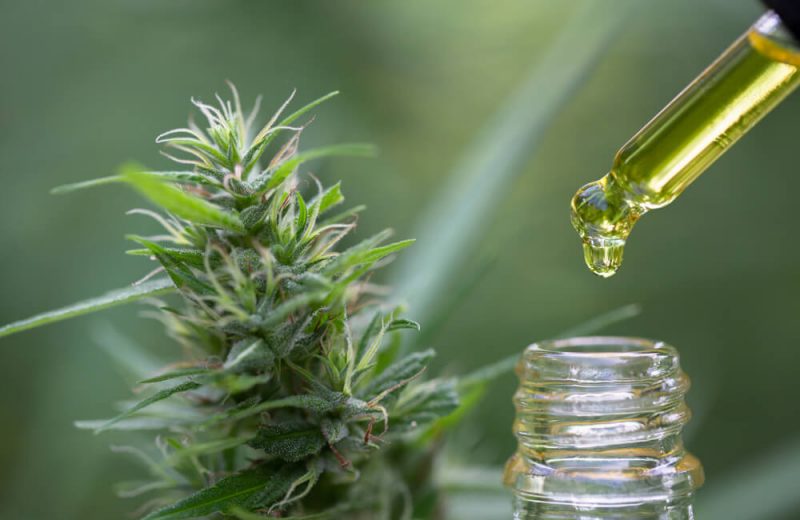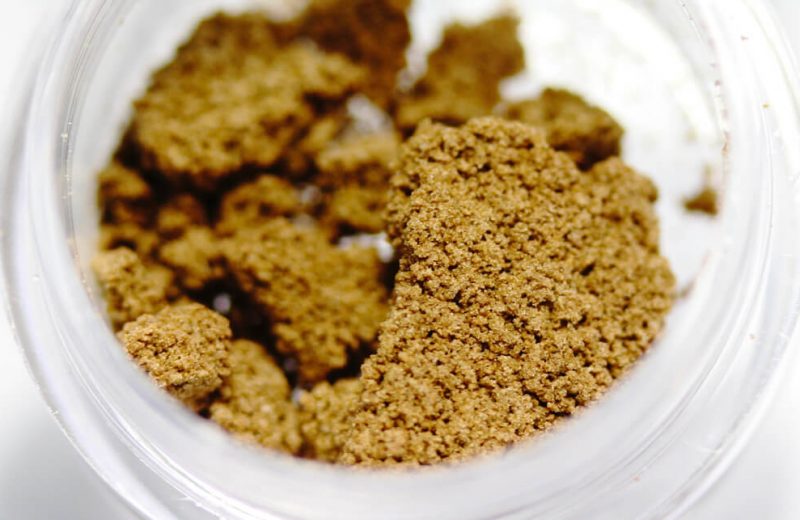Sleep plays an important part in your physical and mental health, but many people have trouble sleeping. If you’re one of those people who have sleep problems, you’re not alone as around 30% to 40% of people suffer insomnia at any point in their lives.
As sleep disorders are becoming more popular, there’s an increased interest in a controversial drug: cannabis. According to people in the medical marijuana community, this drug offers an effective treatment for many sleep problems with little, or close to none, side effects.
Sleep and Cannabis
Cannabis has been touted by many people as an effective drug since it helps restore a person’s natural sleep cycle, which is usually disrupted by today’s busy lifestyle. If you have a chronic sleep problem or you’re just having trouble falling asleep after a busy day, cannabis may offer a solution for you.
Cannabis comes with analgesic properties, which may provide relief for people with chronic pain, and its relaxing properties may also help soothe a stressed body and mind. If you want to learn more about cannabis and its properties, check out Leaf Nation.
How Cannabis Affects Sleep
There are many chemicals found in a marijuana plant. These chemicals, when ingested, may vary in terms of effects. Some of the chemicals are energizing while others are sedating and calming, depending on the number of chemical levels found in a drug.
The two most common cannabinoids in marijuana are CBD (cannabidiol) and THC (tetrahydrocannabinol). The first one has been used by many people to address numerous health problems. Also, CBD is not psychoactive, which means it doesn’t cause a person to feel ‘high.’ The other one, THC, is a psychoactive substance, which provides that “high” feeling that’s commonly associated with marijuana.
However, THC is also found to induce sleep. Thus, if you’re looking to have better sleep, the medical marijuana community suggests getting a strain that contains a higher level of THC than CBD. In a study, using marijuana with a high level of THC reduces REM sleep the phase of sleep associated with dreams and sometimes nightmares. People with post-traumatic stress disorder (PTSD) may find a reduction of REM sleep to be helpful.
It’s believed that if a person spends less time in REM sleep, they’ll be in a more ‘deep sleep’ state, which is also known as the most restful and restorative phase of sleep.
Despite this, REM is still considered crucial for immune and cognitive functioning. That being said, taking cannabis with higher THC levels may harm your sleep quality if you take this long-term. Other studies have also concluded that regular marijuana use can impair sleep. Nevertheless, cannabis can affect a person’s sleep cycle.
What To Consider Before Using Cannabis
It’s important to consult your doctor about your sleep problem. As mentioned, there could be long-term health consequences with interrupted REM so it’s best to talk with a professional before using cannabis to address your problem.
Here are things that you must consider before using cannabis:
- Using any sleep drug for the long-term isn’t recommended. Before you turn to cannabis or other sleep-inducing drugs, try natural remedies first.
- Use cannabis responsibly. Like other forms of smoking, using cannabis may be harmful to your lungs, especially if you have asthma or other respiratory problems.
- If you’re pregnant or breastfeeding, be extra cautious when using cannabis.
- The use of cannabis for people under the age of 25 isn’t recommended because of its lasting effects on learning and recall.
More scientific research on medical marijuana, including using it to enhance sleep, is still needed.
A Word Before You Sleep
Sleep aids don’t have the same effects as everyone, even with cannabis. If you’re someone who’s had a recent heart attack or if you have cardiovascular problems, you should stay away from cannabis. This is because cannabis has been linked to an increased occurrence of myocardial infarction.
Although cannabis has been widely used to reduce anxiety, some people who use marijuana with high-THC content has found that it has made them more paranoid and anxious. Thus, it’s best to check out different strains. Or, better yet, ask the dispensary for some recommendations. It’s likely that different strains can induce sleep without making you feel anxious.
More understanding of the effects of marijuana is still needed. This plant, which may still be illegal in some places, has several medicinal effects that can be as effective as other drugs, and with fewer or little side effects.
However, using marijuana for your sleep problem is a short-term solution. To sleep soundly, you need to have good sleep hygiene and practice other behaviors that promote quality sleep.
How to Have Quality Sleep
Here are some healthy habits that should lead to quality sleep:
- Daytime light exposure. Your internal clocks are controlled by light exposure. It’s highly recommended to expose yourself to sunlight by going outside or opening your blinds and windows to let in natural light. Light exposure in the day can normalize your circadian rhythm.
- Get moving. Doing exercises daily is beneficial to your overall health and how it uses your energy can help promote sound sleep. However, you should avoid doing intense exercises near bedtime since it may prevent your body from effectively settling down before sleep.
- Check your caffeine intake. Caffeinated drinks such as tea, coffee, and sodas may provide you some kick and avoid daytime sleepiness, but they’re found to cause long-term sleep deprivation. Thus, to help you achieve quality nighttime sleep, it’s best to avoid these beverages late in the day.
- Be careful with alcohol. Although alcohol can induce sleepiness, it has been found to affect the brain in such a way that it reduces sleep quality. Thus, try avoiding alcohol before bedtime.
- Avoid eating too late. You’ll find it more difficult to fall asleep if your body is still busy churning that heavy dinner you just had. Avoid late dinners, especially spicy or fatty foods, to prevent food-based sleep disruptions. If you’d like an evening snack, go for something healthy and light.
- Avoid smoking. Exposure to smoke has been linked to many sleeping problems such as difficulty falling asleep as well as fragmented sleep.
Final Thoughts
The best thing to do if you suffer from sleep problems is to talk to your doctor. If you find that your sleep problem is getting worse or persisting to the point that it affects your safety and health, consult your doctor before using any sleep aids. Better yet, practice the above-mentioned habits to help you achieve a good night’s sleep.

